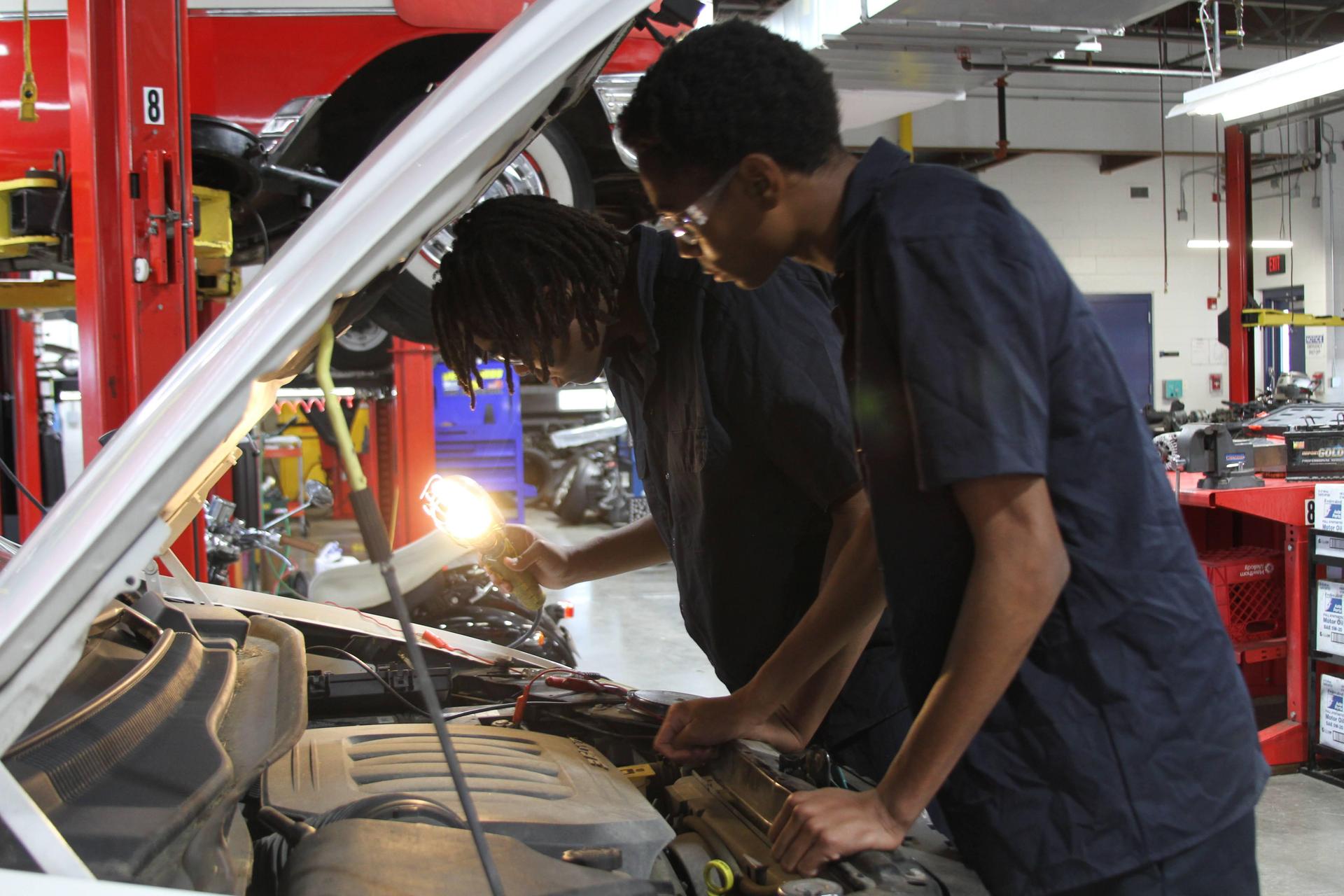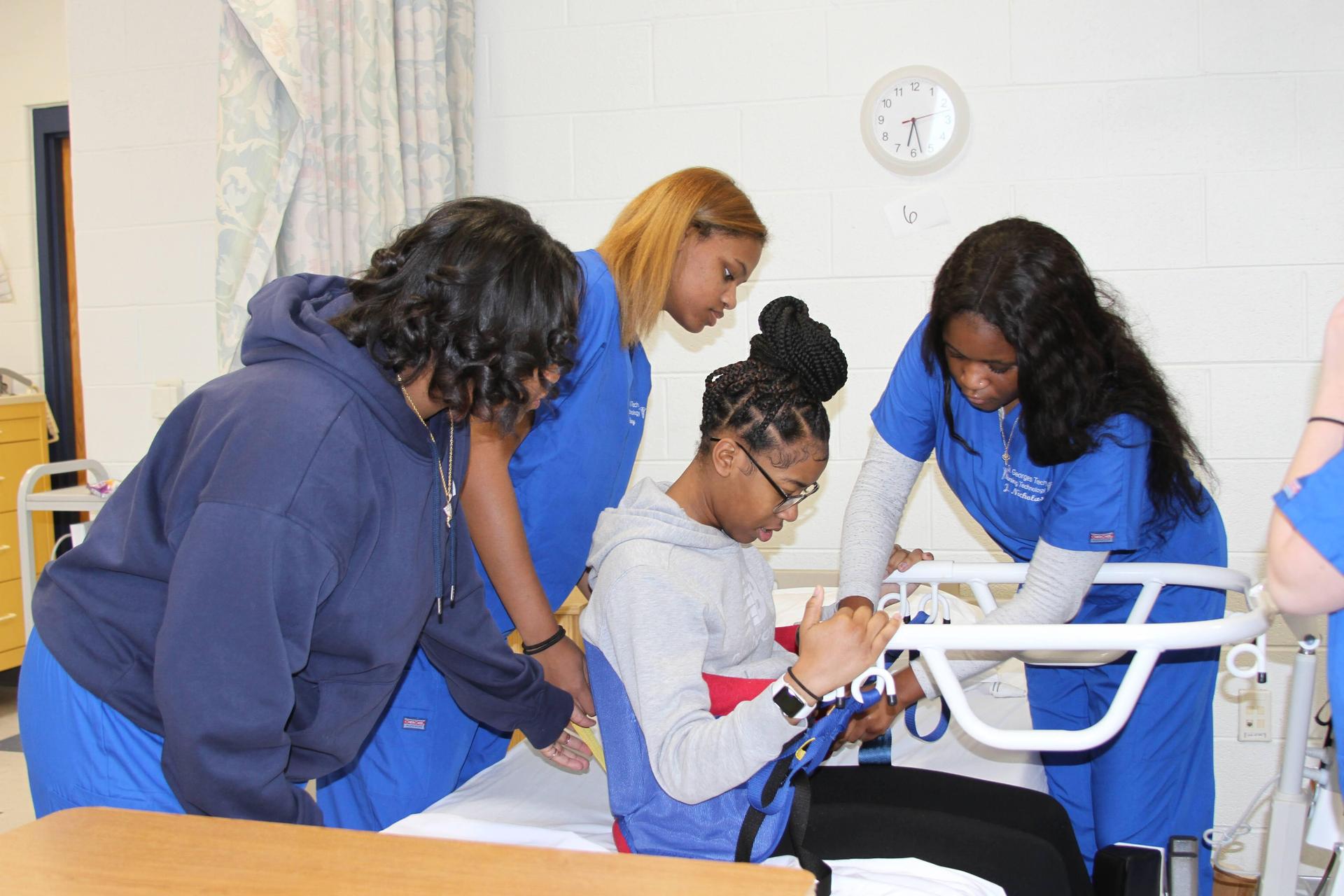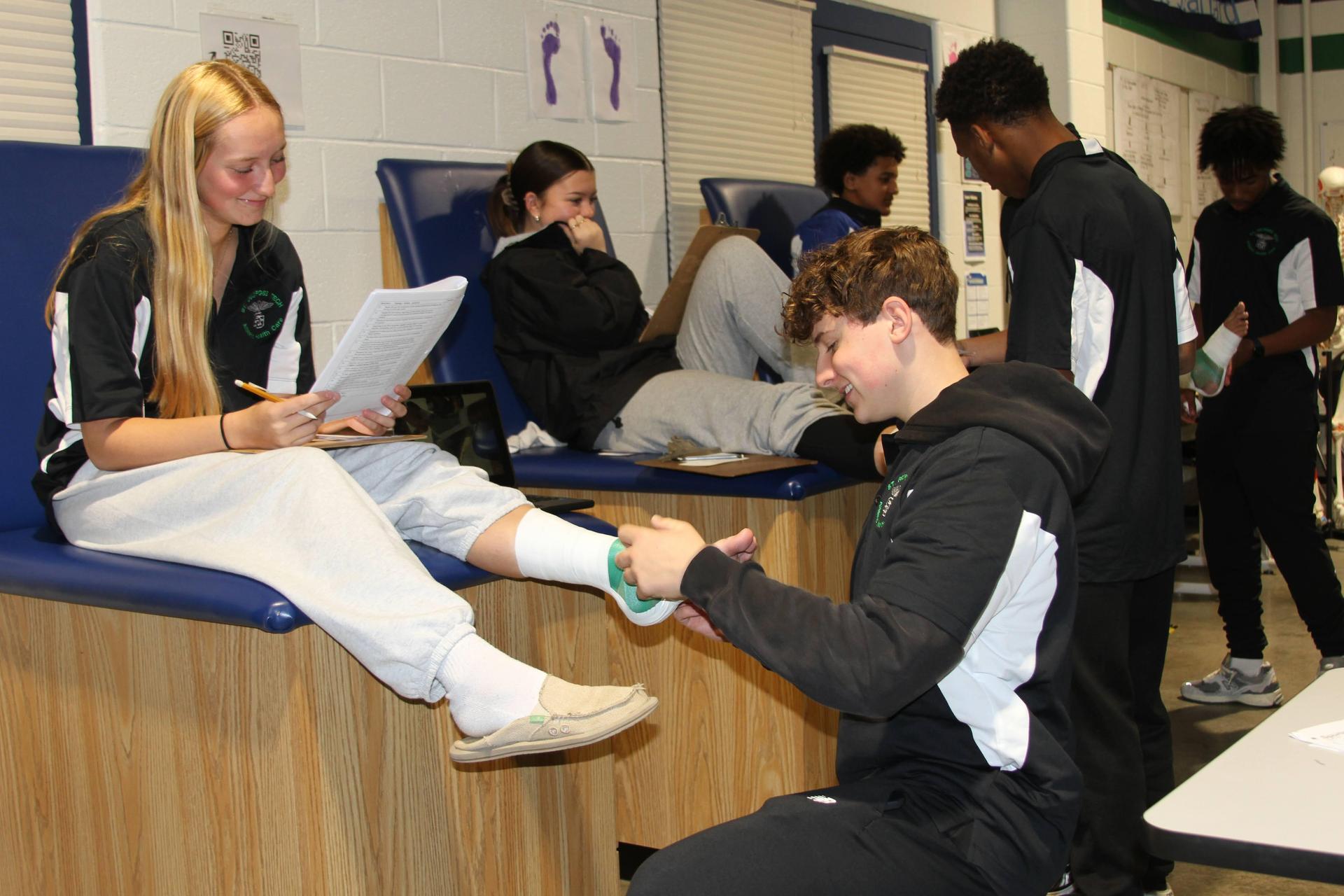Cooperative Employment
 Cooperative Employment Coordinator Contact:
Cooperative Employment Coordinator Contact:
Dan Boone
[email protected]
St. Georges Technical High School
555 Hyetts Corner Road – Middletown, DE 19709
Phone: (302) 449-3617 • Fax: (302) 376-8954
Cooperative Employment
What is Co-Op?
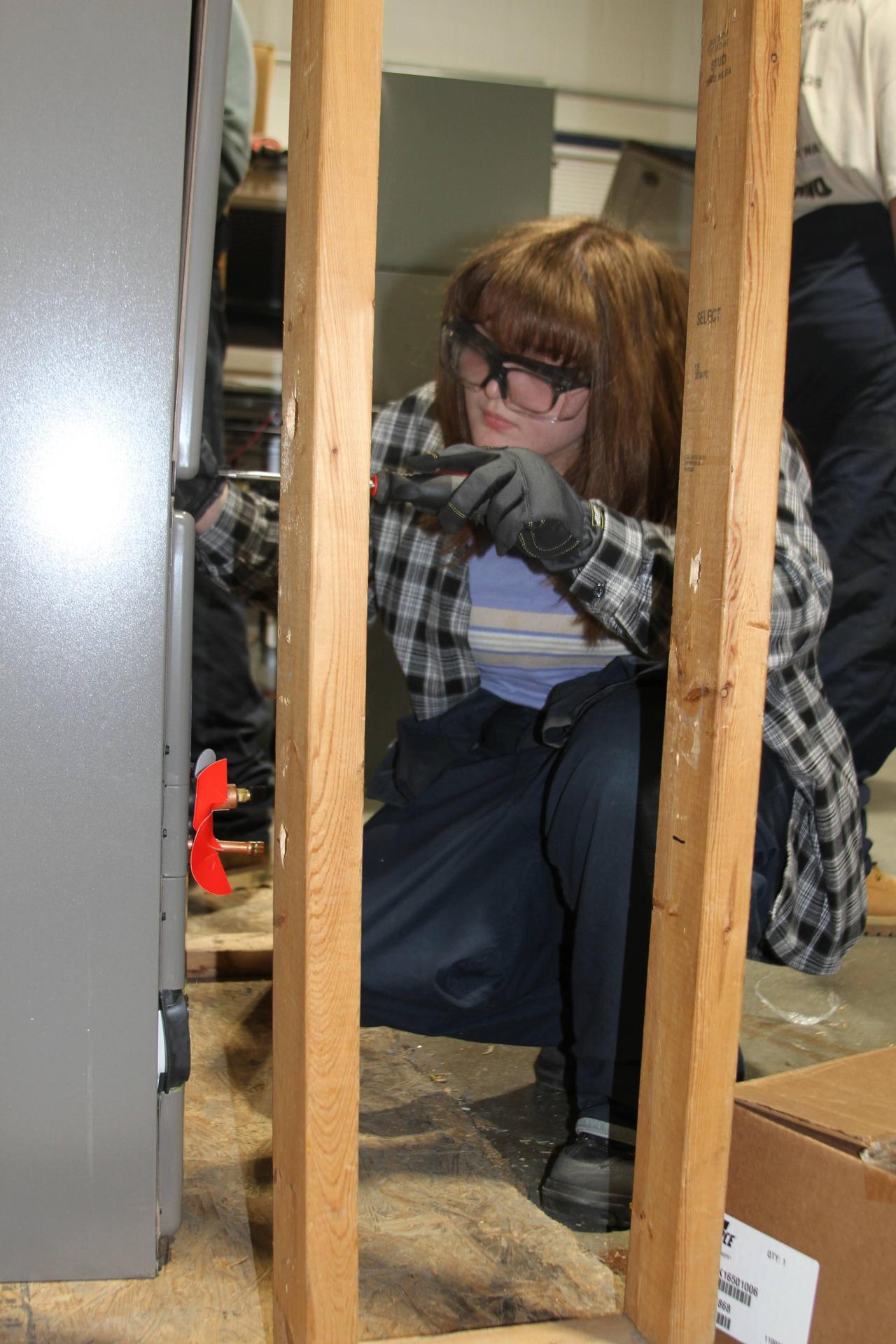
St. Georges Tech attempts to provide each 12th grade Career and Technical Education (CTE) student a paid cooperative training work opportunity, which is a capstone experience in his or her senior year. This program allows seniors to work in paid entry-level positions in a related business or industry while completing their high school graduation requirements.
Every effort is made to maintain flexibility regarding student/employer needs. In some situations, the student employee works full-time for a two week period and attends school full-time for two weeks alternately, while others require half-day school/half-day work scheduling. Additionally, certain situations require employment scheduled after school hours and on weekends. These details are worked out to the
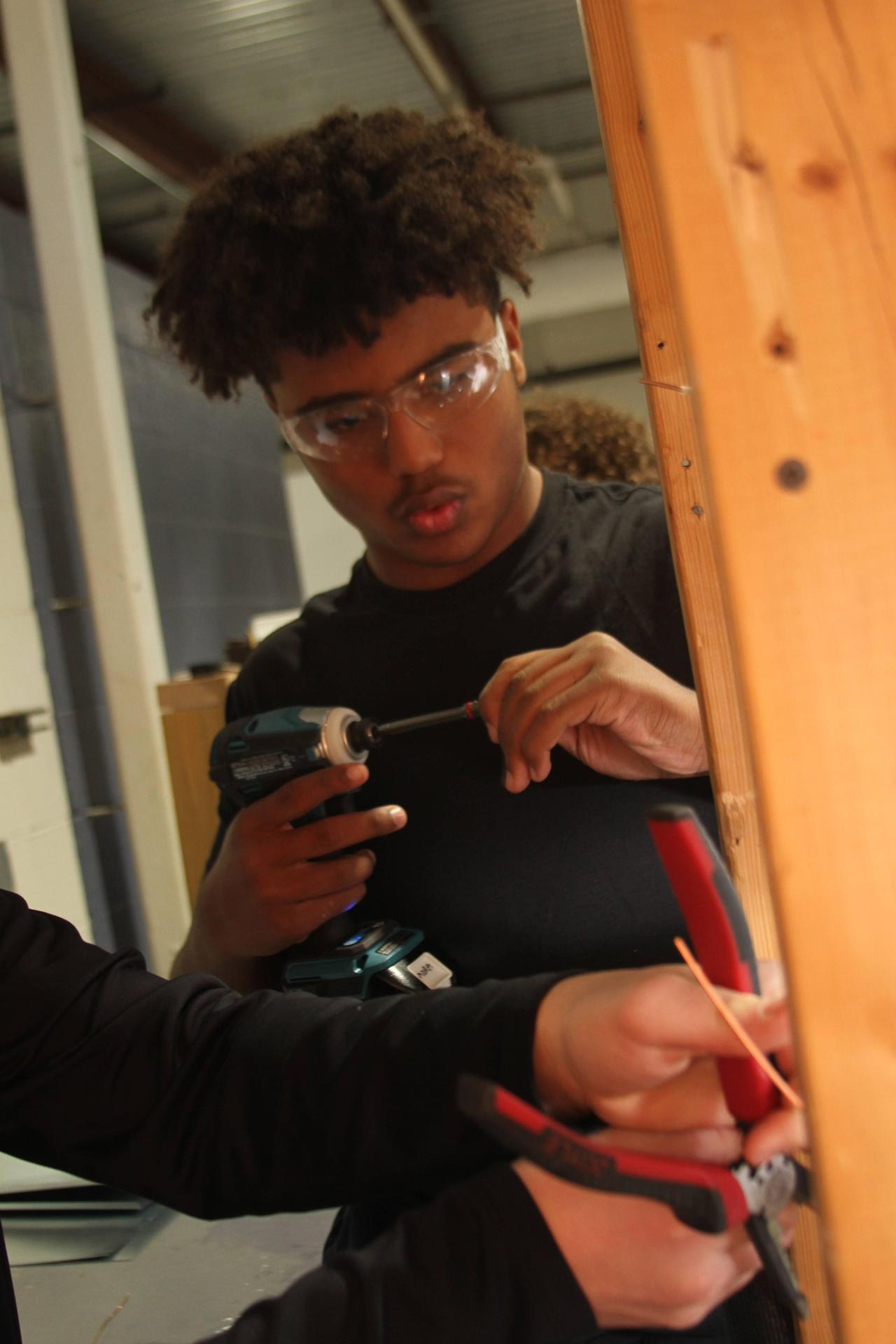
satisfaction of the student and employer without jeopardizing the student’s scholastic standing.
Through regular evaluation of students by employers and on-site evaluations by high school and district coordinators, the student’s performance on the job becomes a part of the career area grade.
Underclass Students & Prospective Parents Click Here To Learn More

Co-op Business Partners / Employers
Let us help grow your business
Help a student transition from school to work
How Can a Co-Op Student Benefit You and Your Organization?
Our goal is to provide our local industry partners with highly trained and technically qualified entry-level employees with excellent 21st century employability skills to help manage your workload, and provide students with an opportunity to learn about the exciting opportunities in their chosen career and industry. We ensure that each and every student is as qualified and professional as any entry-level employee you may hire.
- Co-op students possess knowledge and skills that other employees may not – computer programs, research capabilities, writing abilities, and insights about the latest academic methods.
- Co-op students add vibrancy! They provide fresh ideas and positive energy that can have a contagious effect on employee morale, motivation and creativity.
- Increase productivity. Time & work that Co-op students save full-time employees enables your full-time employees to focus talents on higher-level tasks.
- Recruitment– Employing Co-op students allows businesses to pre-draft full-time employees and reduce time, costs & mistakes by screening & training graduates in advance.
I Am Interested, What Now? The Process is Simple!
- Contact the St. Georges Tech Co-Op Coordinator, [email protected] 2. Agree on a work schedule agreeable to the employer and student/employee 3. Sign a simple training agreement outlining the employer, student, school, and parent responsibilities. (And a work permit if the student is under the age of 18)
Key employer responsibilities:
- Pay student at least legal minimum wage
- Agree to fill out a performance evaluation for the student/employee every 8 weeks
- Allow the Co-op Coordinator and/or CTE instructor to visit the work site to ensure employer/student satisfaction
- Maintain open communication with the Co-op Coordinator and/or CTE instructor regarding student/employee performance
- Follow Department of Labor Child Labor Laws and pay for Workers Compensation
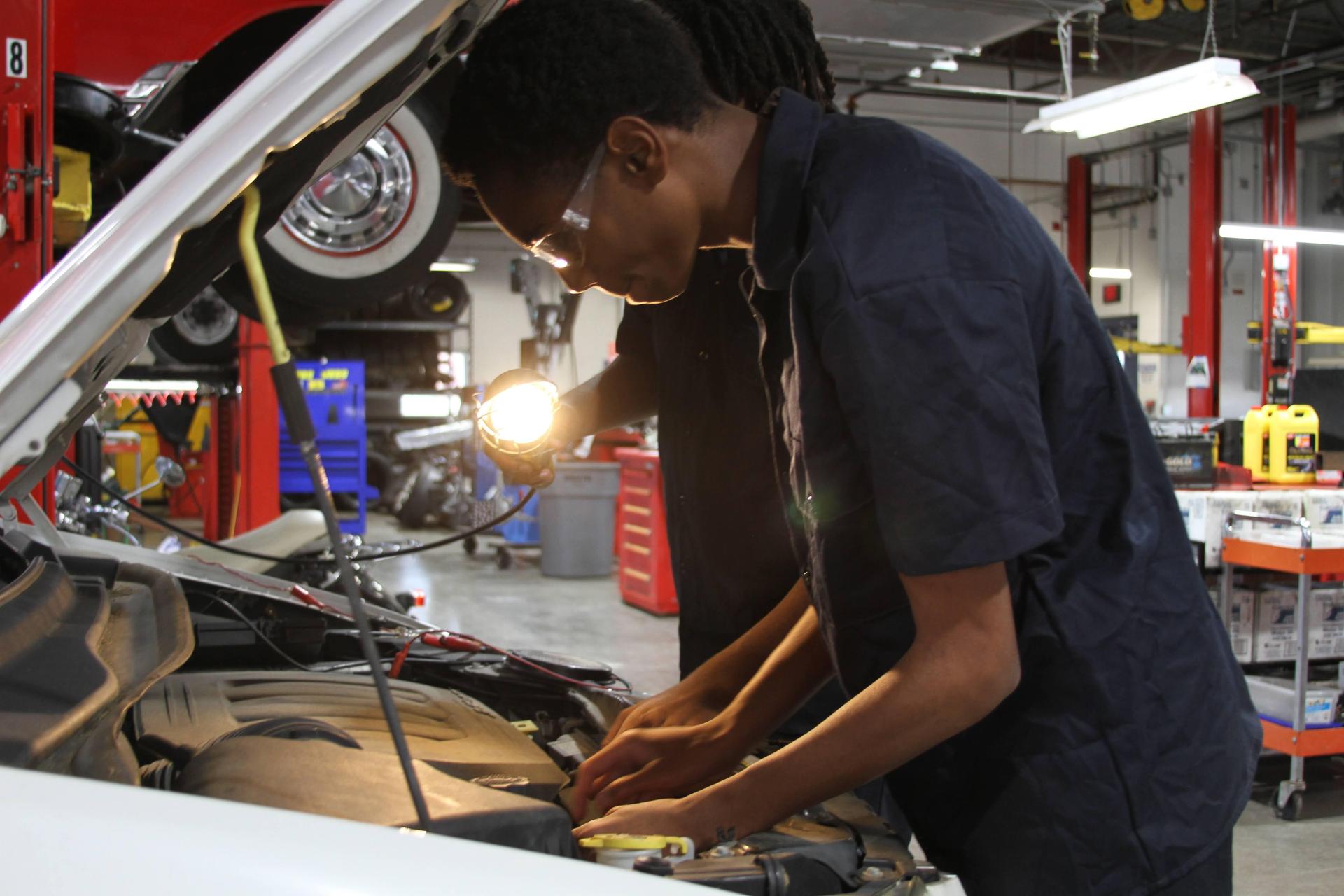
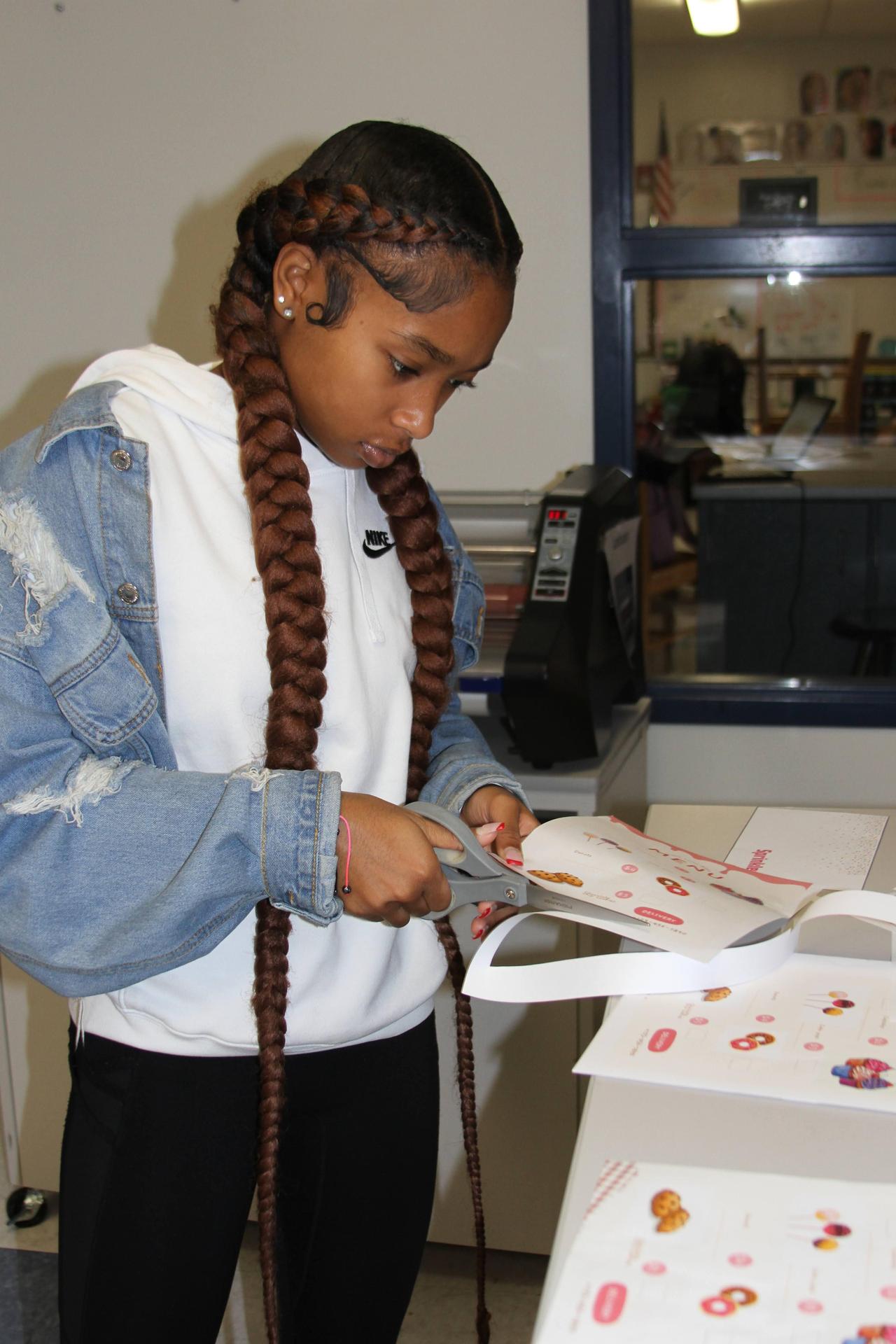
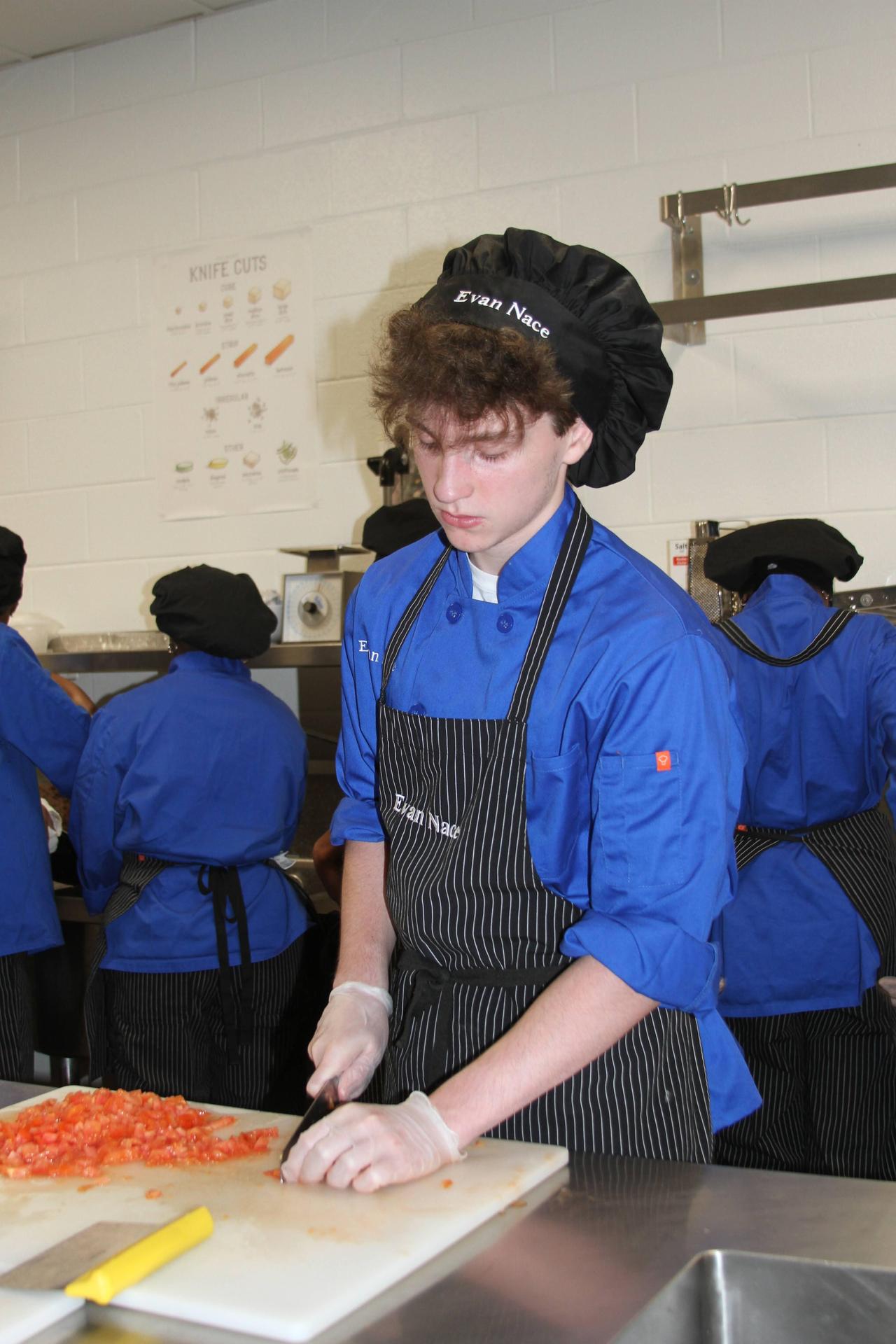
Click here for FAQs

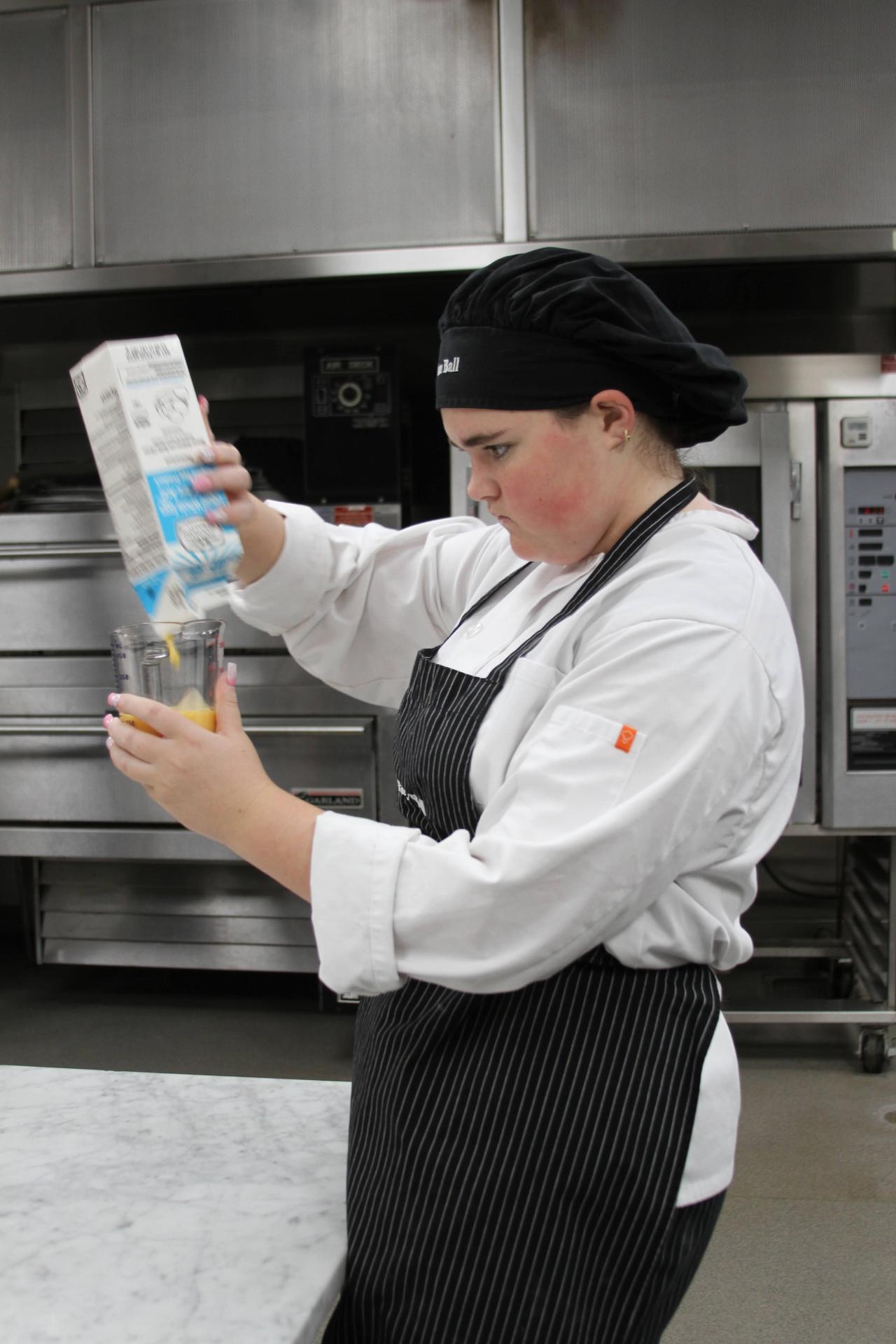
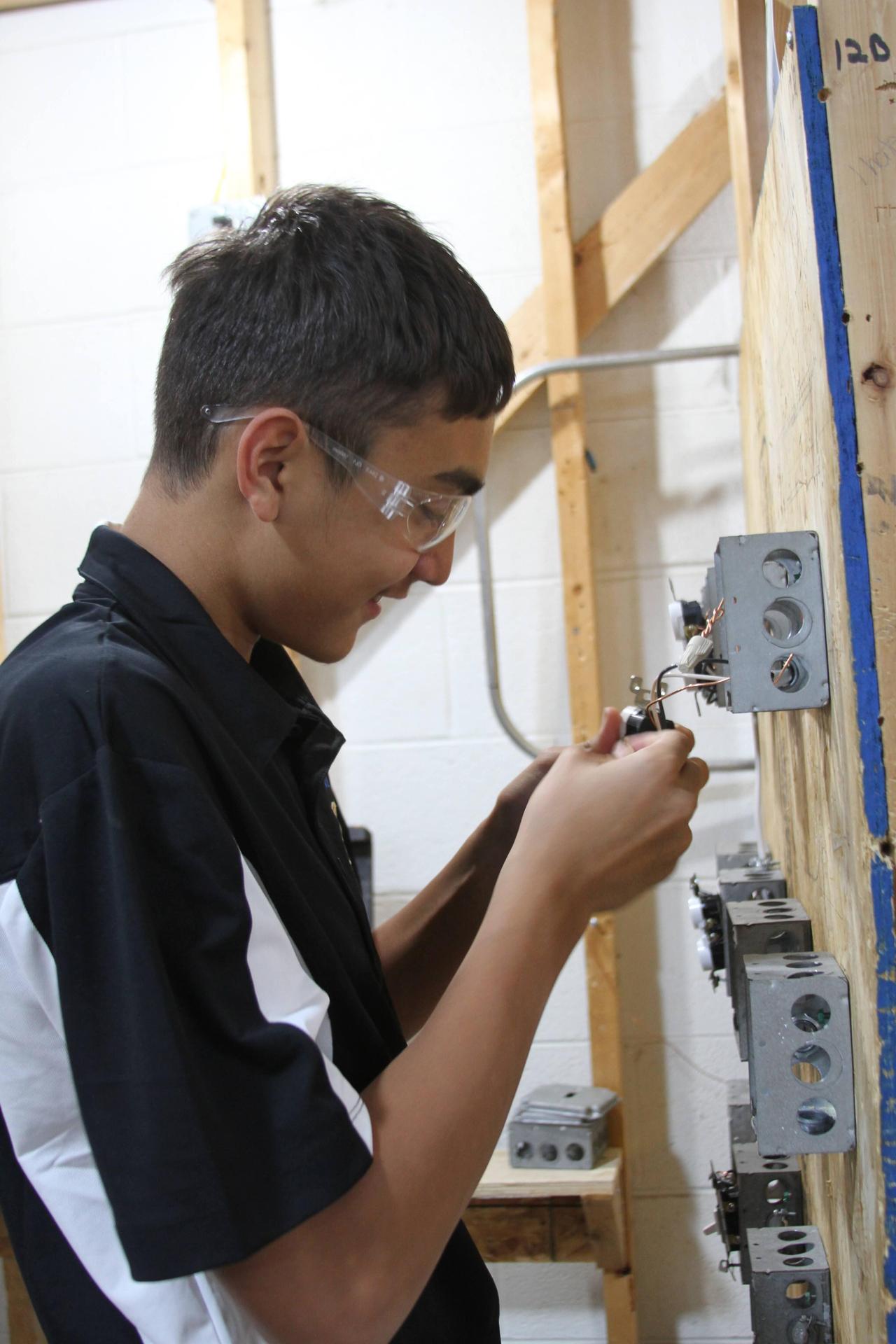
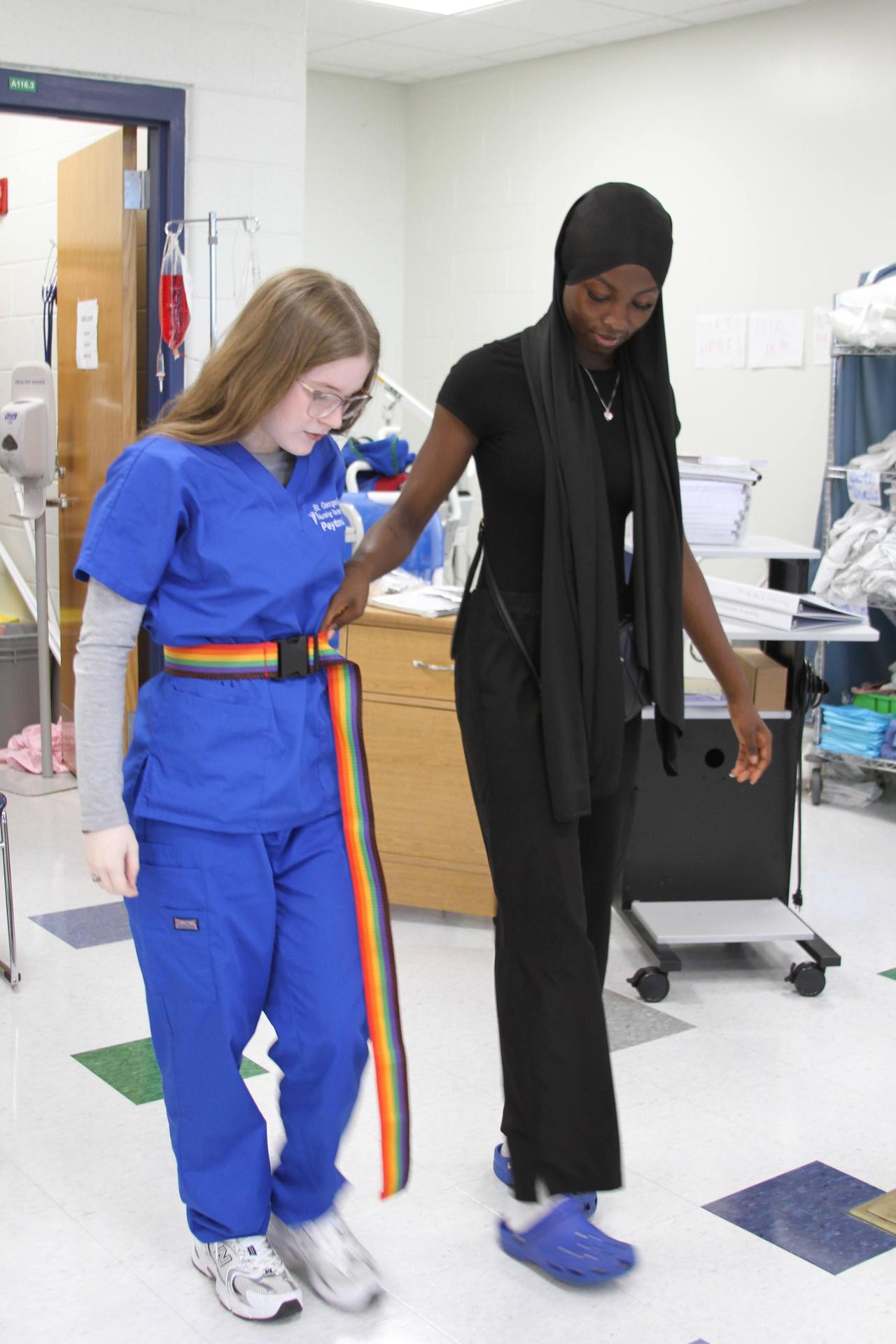
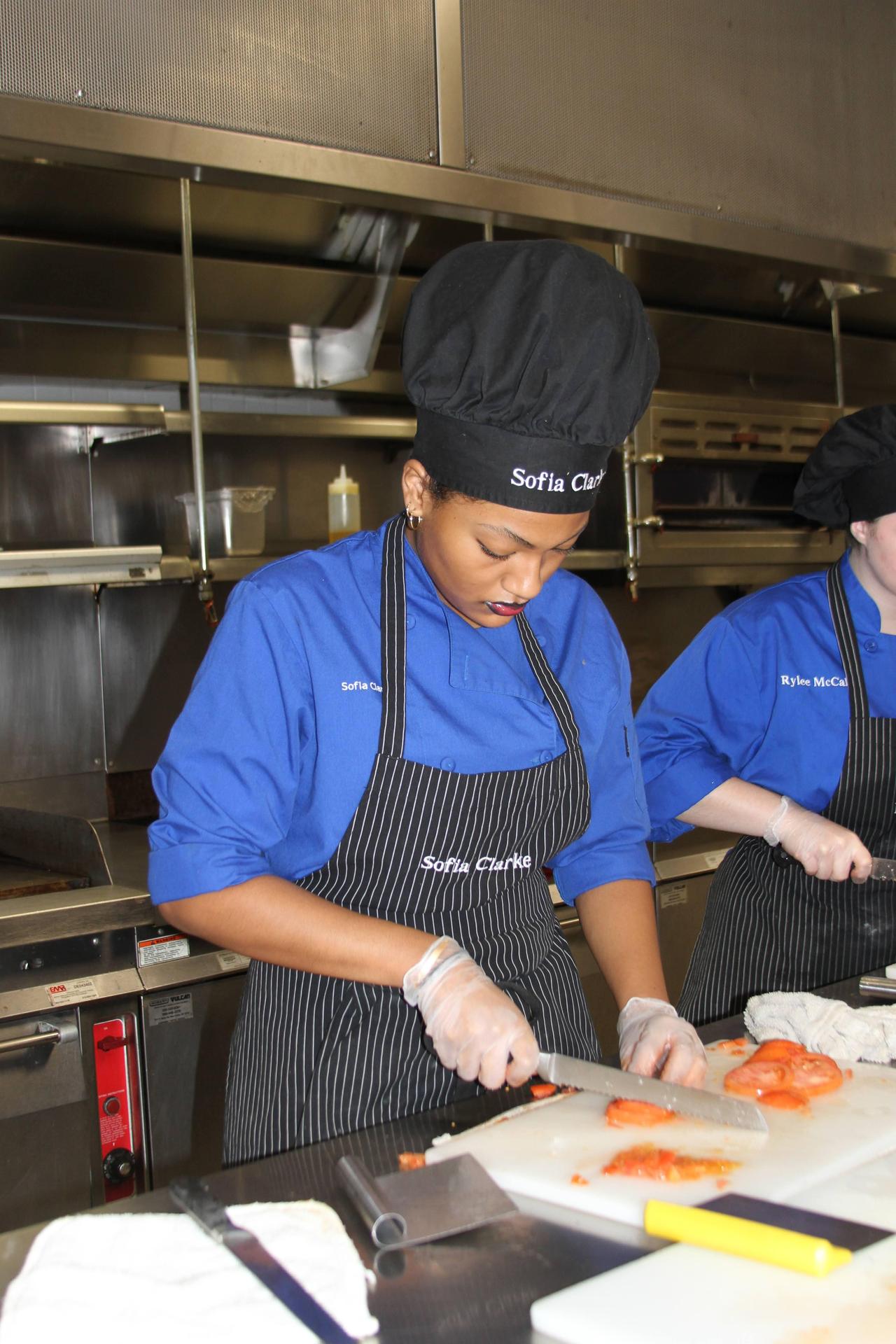



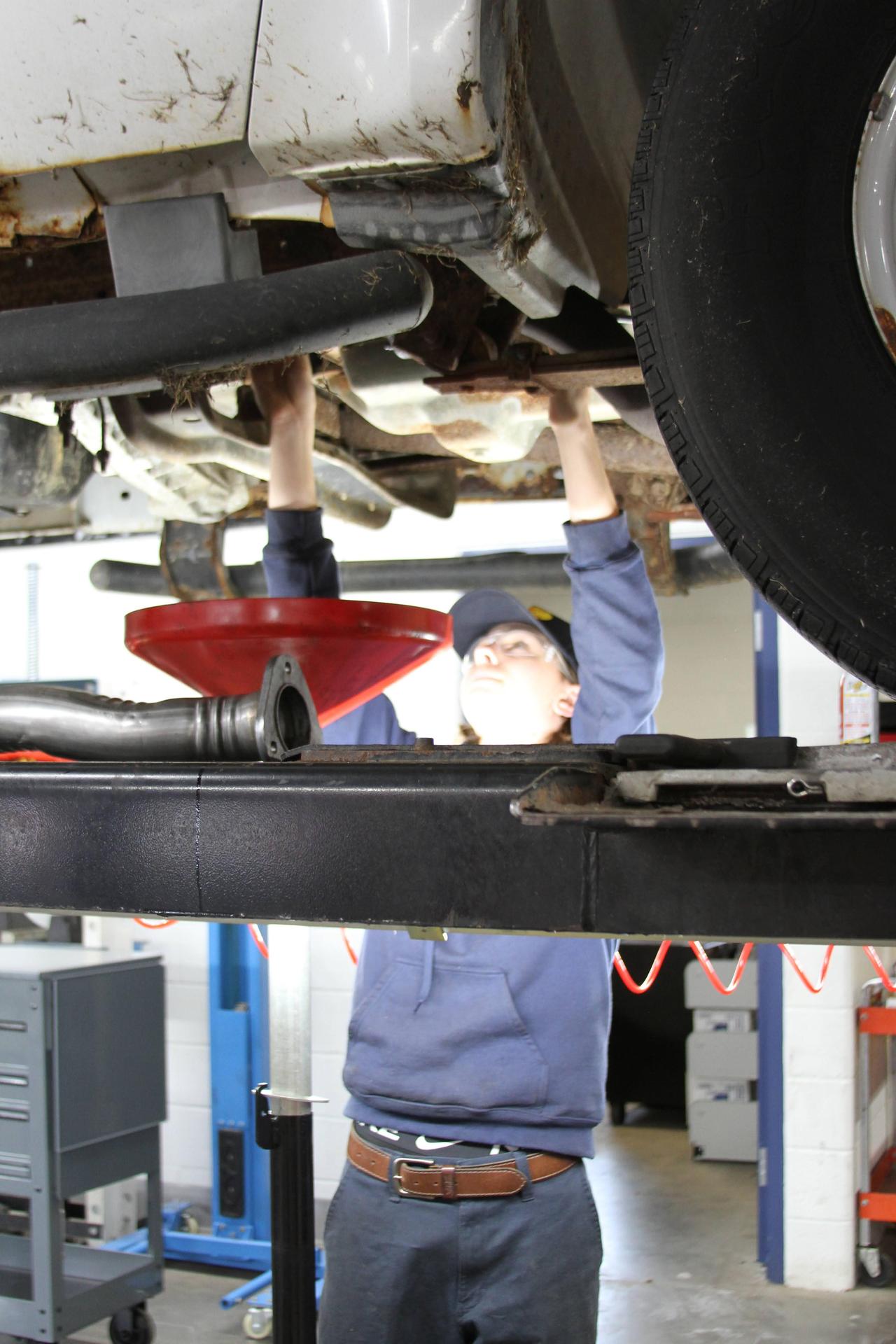
Current Cooperative Employment Students/Parents/Guardians Click here for more information
Click here to view calendars and forms
